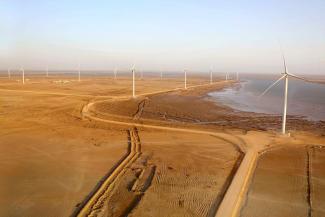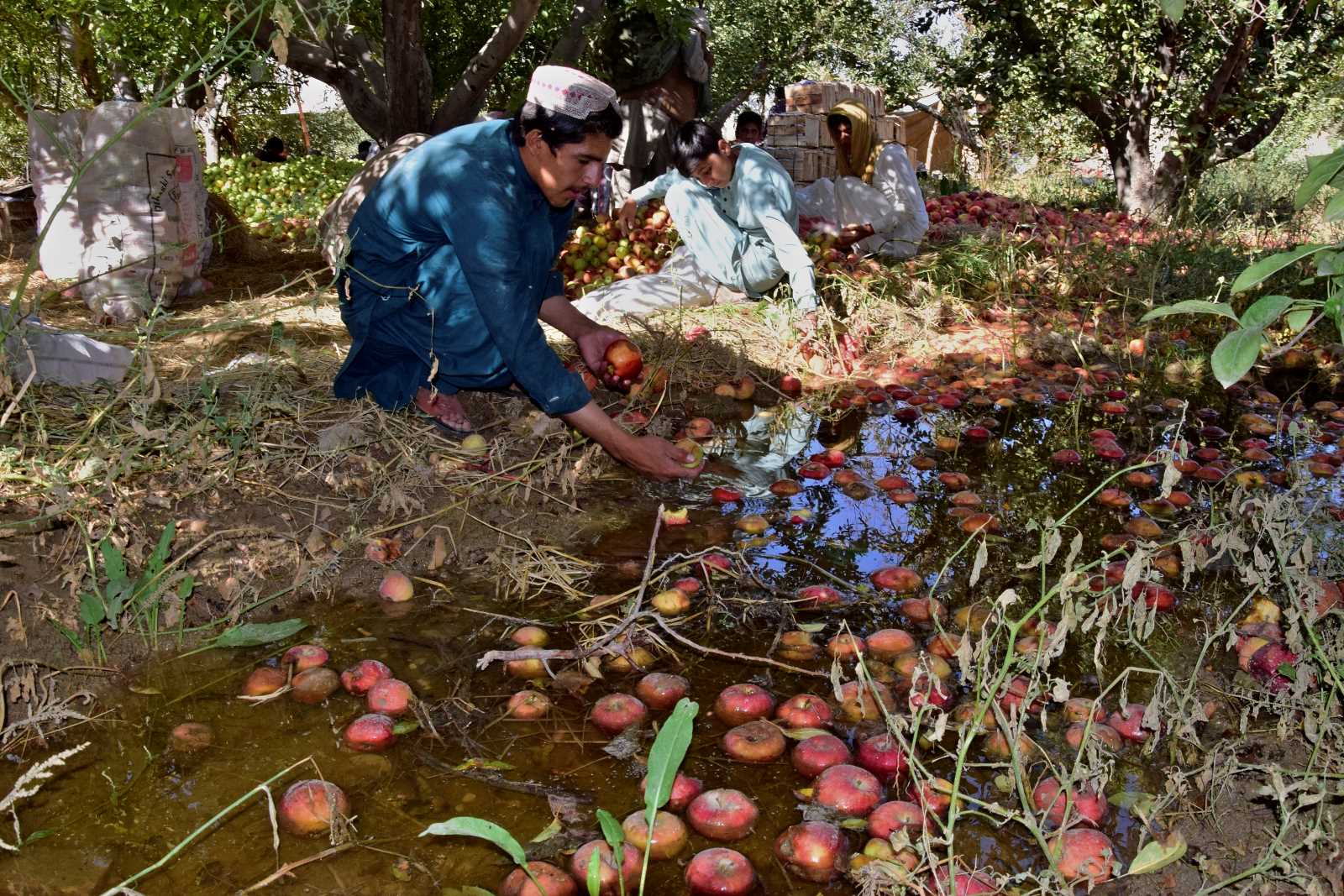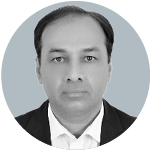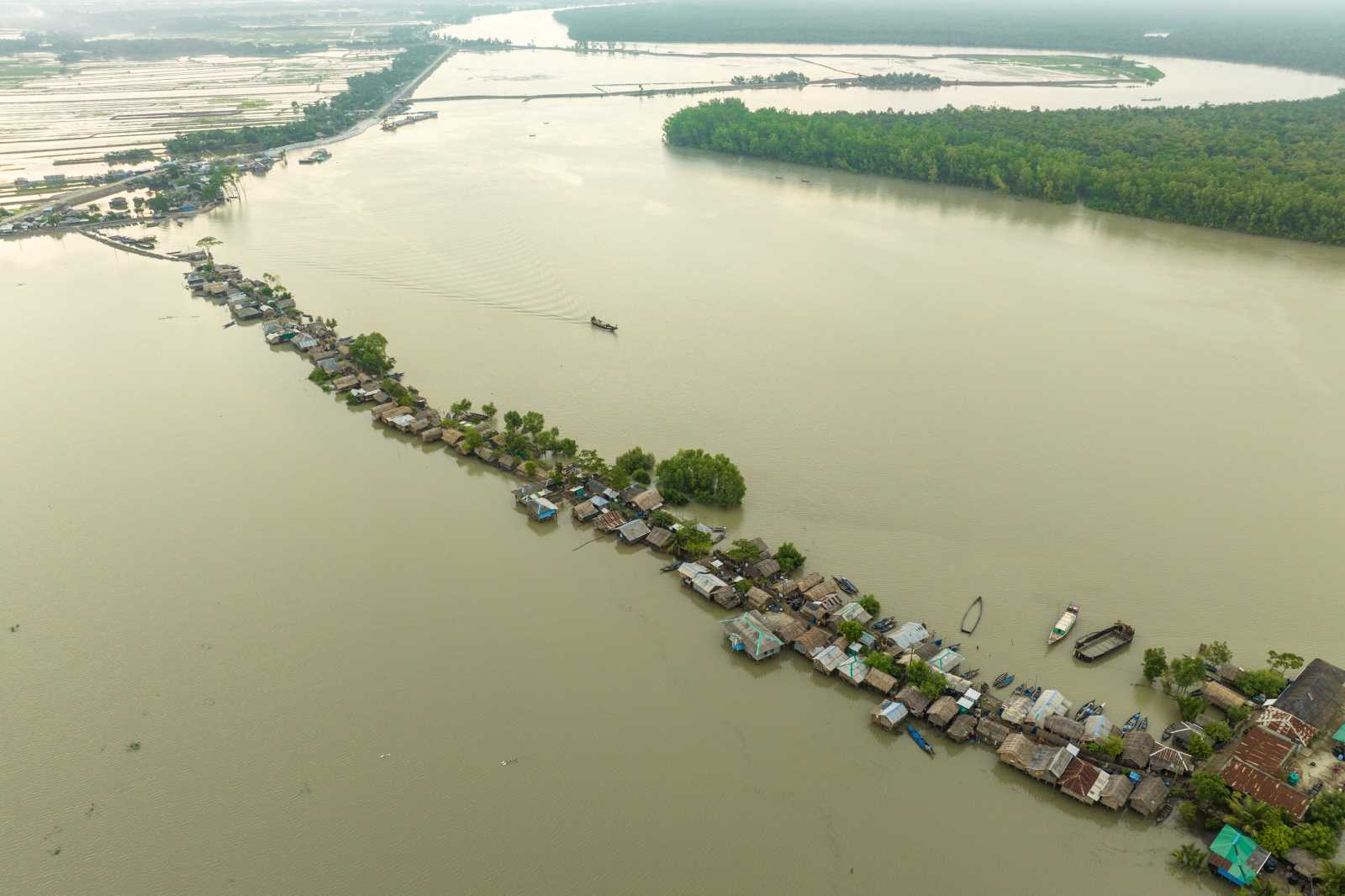Infrastructure
Renewable energy

Laura Williamson of the Renewable Energy Policy Network for the 21st Century (REN21), which links government agencies, private-sector companies and civil-society activists, has good news: “Emerging markets and developing countries are increasingly becoming the drivers of global investment in renewable energy.” She points out that all advanced nations combined invested $ 32 billion in 2004, whereas the sum for poorer nations amounted to a mere $ 8 million. Last year, however, the advanced world spent $ 122 billion on additional capacities for wind power, solar power et cetera, according to Williamson, and the comparative figure for the rest of the world was $ 93 billion.
Taking stock of renewables investments as share of GDP, Williamson says the frontrunners are Uruguay, Mauritius, Costa Rica, South Africa and Nicaragua. On the other hand, she adds that China is currently investing more money in this field than the entire EU. In 2005, the expert recalls, only 15 emerging markets and developing countries had adopted policies to promote renewable energy. Their number has since grown to 95. It helped, Williamson explains, that prices for wind mills and solar panels have been dropping. Nonetheless, Williamson regrets that many countries are still not living up to their ambitious goals for building alternative infrastructure. Pakistan with 180 million people and recurrent black-outs is an example. The government once hoped the country would rely on wind farms with a combined capacity of
800 megawatt by the end of 2012. So far, only 100 megawatt have been installed, says Sohaim Malik of the World Wind Energy Association (WWEA), an international association.
In cooperation with Heinrich Böll Foundation and Pakistan’s Alternative Energy Development Board, the WWEA asked scholars to find out why the country did not achieve more. Among the private-sector companies that were surveyed, the most frequent complaint was that Pakistan’s power grid was insufficient and needed to be expanded. Another issue was that government agencies were not reliably buying electric power as agreed. Company spokespersons demanded, moreover, that policy should become more consistent, government bodies should become more stringently co-ordinated and the business climate should improve in general.
In the eyes of Kahlid Aslam of Sapphire Wind Power, a Pakistani company, it is relevant that his country does not have much experience with renewable power options so far. He argues it would make sense to set up big pilot schemes in order to speed up market development.
As became obvious during an expert conference hosted by the WWEA in Bonn in October, several things must happen to bring about more investment. Patric Kleiendam of the German engineering company Lahmeyer International, pointed out, for example, that “technological and regulatory aspects” have a bearing on project funding.
National players matter, but so do international institutions. Roland Roesh of the International Renewable Energy Agency (IRENA), a multilateral body, says it makes sense for multilateral donor agencies to offer “preliminary guarantees” should the credit ratings of utility companies in Pakistan prove problematic. Among other things, IRENA advises developing countries on holding tenders for wind power projects.
Nick Nutall from the Secretariat of the UNFCCC (UN Framework Convention on Climate Change) insists that fossil fuels must not be subsidised and carbon emissions should be taxed (see Anthony J. Jude in D+C/E+Z 2014/11, p. 410 ff.). Experts agree, moreover, that Pakistan is exposed to Islamist terrorism and unlikely to find the kind of stability globally-active investors appreciate unless it gets international support. Finally, they hope that the climate summit in Paris next year will conclude a new global agreement and that it will include paragraphs on burden sharing that boost funding for clean energy infrastructure in developing countries. Hans-Christoph Neidlein











